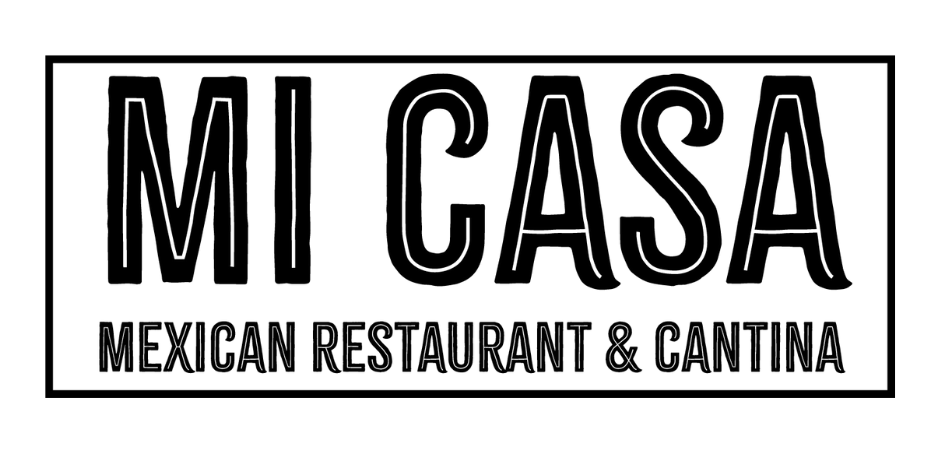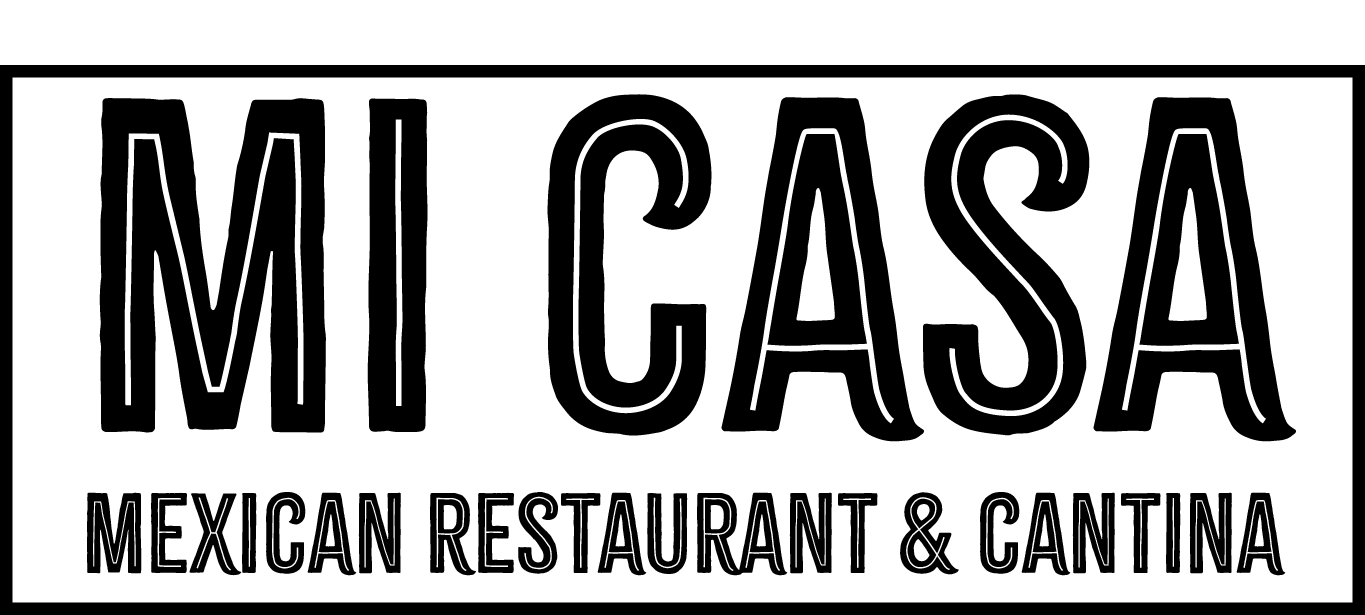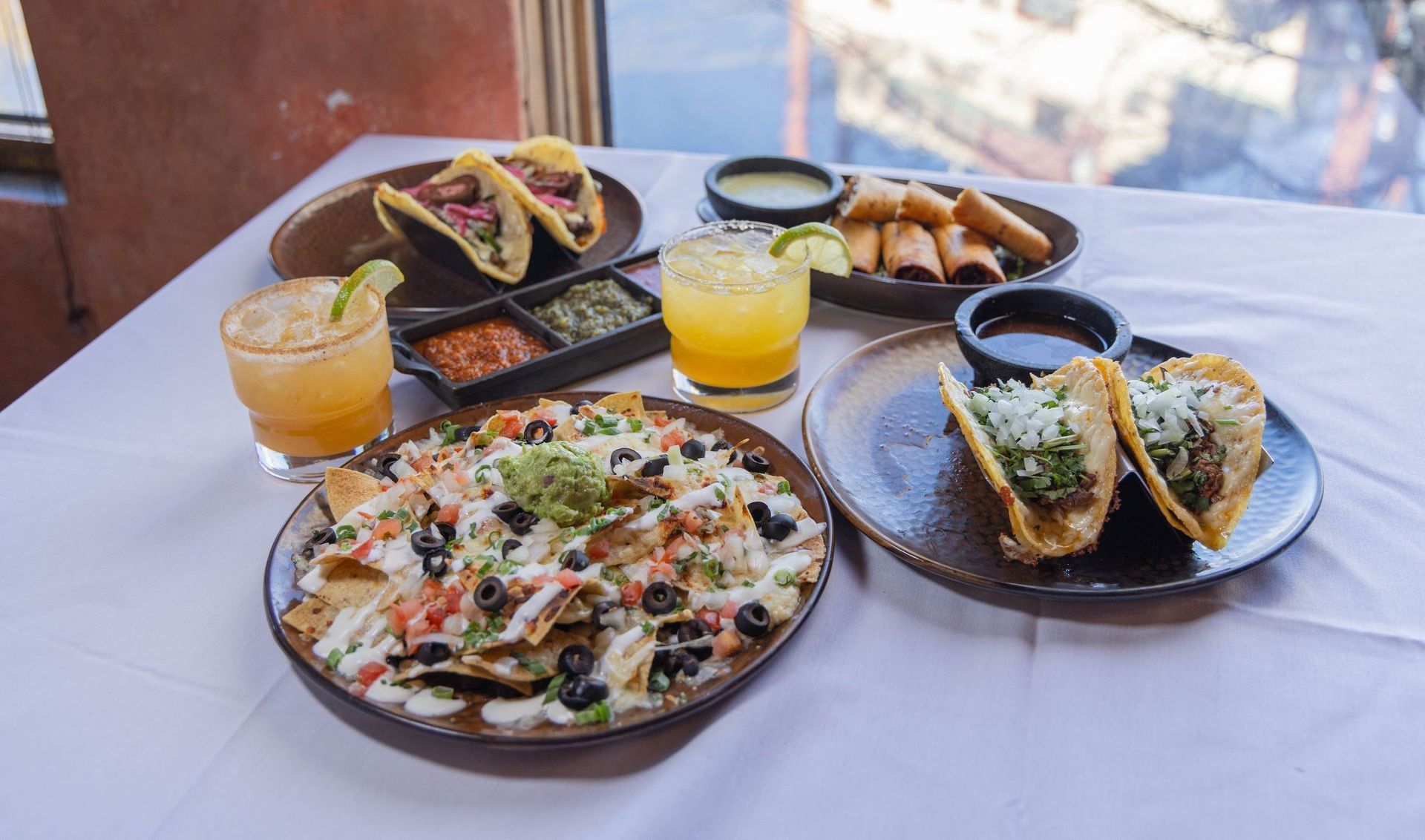Vegetarian Options at Mexican Restaurants
Mexican restaurants offer tons of amazing vegetarian options that are just as tasty as any meat dish. From cheesy quesadillas to hearty bean burritos, you can enjoy all your favorite Mexican flavors without any meat at all. Many people don't know that Mexican food is actually perfect for vegetarians because it uses lots of beans, rice, cheese, and fresh vegetables.
In this guide, you'll learn about the best vegetarian dishes to order, what to watch out for, and how to make sure your meal is truly meat-free. Whether you're a lifelong vegetarian or just trying to eat less meat, Mexican restaurants can become your new favorite dining spot.
The Best Vegetarian Dishes at Mexican Restaurants
Classic Bean and Rice Dishes
Black Bean Burritos are filling and packed with protein. Most Mexican restaurants make their black beans without meat, but always ask to be sure. These burritos come loaded with rice, beans, cheese, lettuce, tomatoes, and sour cream.
Refried Bean Tostadas give you a crunchy base topped with creamy beans. The crispy corn tortilla holds everything together perfectly. Just make sure the refried beans aren't made with lard.
Rice and Bean Bowls are like burrito bowls without the tortilla. They're usually cheaper and just as filling. You get fluffy Mexican rice, seasoned beans, and all your favorite toppings in one bowl.
Amazing Quesadilla Options
Cheese Quesadillas are the simplest but often the best choice. The cheese melts perfectly between two flour tortillas and gets crispy on the outside. Ask for extra guacamole and salsa on the side.
Veggie Quesadillas add grilled peppers, onions, and mushrooms to your cheese. Some places also add spinach or zucchini. These give you more nutrients and extra flavor.
Black Bean Quesadillas combine the protein of beans with melted cheese. They're more filling than regular cheese quesadillas and taste amazing with hot sauce.
Taco Treasures for Vegetarians
Bean and Cheese Tacos use either black beans or refried beans with shredded cheese. Get them on soft corn tortillas for the most authentic taste.
Veggie Tacos often have grilled bell peppers, onions, and zucchini. Some restaurants add roasted corn or cactus (called nopales) which tastes mild and slightly tangy.
Potato Tacos are less common but incredible when you find them. The potatoes are usually seasoned with cumin and paprika, then grilled until crispy.
Hidden Ingredients to Watch Out For
Lard in Refried Beans
Many Mexican restaurants use lard (pig fat) to make their refried beans taste rich and creamy. Always ask if the beans are made with lard or vegetable oil. Some places make both versions, so they can give you the vegetarian one.
Chicken Broth in Rice
Spanish rice sometimes uses chicken broth instead of vegetable broth or water. This makes the rice taste better but isn't vegetarian. Ask your server to check with the kitchen about how they make their rice.
Meat in Sauces
Some red sauces and mole sauces contain beef or chicken broth. Most green salsas are vegetarian, but it's always smart to ask. The kitchen usually knows which sauces have meat and which don't.
Cheese Made with Rennet
Most Mexican restaurants use regular cheese that's fine for vegetarians. But if you're strict about rennet (which comes from animal stomachs), you might want to ask about their cheese suppliers.
How to Order Like a Pro
Ask the Right Questions
Start with "Do your refried beans contain lard?" This is the most important question because many restaurants use lard without mentioning it on the menu.
Next, ask about the rice: "Is your Spanish rice made with chicken broth?" This helps you avoid accidentally eating meat broth.
Finally, check about cross-contamination: "Are the vegetables cooked on the same grill as meat?" If you're worried about this, most kitchens can cook your food separately.
Use Simple Spanish Phrases
Learn these helpful phrases:
"Sin carne" (seen KAR-nay) = without meat
"Vegetariano" (veh-heh-tah-ree-AH-no) = vegetarian
"¿Tiene carne?" (tee-EH-nay KAR-nay) = does it have meat?
"Solo queso y verduras" (SO-lo KAY-so ee ver-DOO-ras) = only cheese and vegetables
Customize Your Order
Don't be afraid to ask for changes. Most Mexican restaurants are happy to:
Leave meat out of any dish
Add extra beans or rice
Put guacamole on everything
Give you extra vegetables
Make special requests for dietary needs
Regional Differences in Vegetarian Options
Tex-Mex Restaurants
Tex-Mex places usually have more cheese and bigger portions. They often offer:
Cheese enchiladas with your choice of sauce
Veggie fajitas with lots of peppers and onions
Loaded nachos without meat
Bean and cheese chimichangas
Authentic Mexican Restaurants
Traditional Mexican places might have:
Nopales (cactus) tacos
Chiles rellenos stuffed with cheese
Fresh corn tortillas made daily
Seasonal vegetable dishes
More variety in bean types
Fast-Casual Chains
Places like Chipotle and Qdoba make it easy because you can see everything being made. They usually have:
Clear labels for vegetarian items
Fresh ingredients you can see
Consistent recipes across locations
Online nutrition information
Nutritional Benefits of Vegetarian Mexican Food
Complete Proteins from Beans and Rice
When you eat beans and rice together, you get all the amino acids your body needs. This combination creates a "complete protein" that's just as good as meat protein.
Black beans have about 8 grams of protein per half cup. Add rice and cheese, and you're getting plenty of protein in one meal.
Fiber for Better Digestion
Mexican vegetarian dishes are full of fiber from beans, rice, and vegetables. Fiber helps you feel full longer and keeps your digestive system healthy.
Healthy Fats from Avocados
Guacamole and sliced avocados give you healthy monounsaturated fats. These fats are good for your heart and help your body absorb vitamins.
Vitamins from Fresh Vegetables
Tomatoes, onions, peppers, and cilantro provide vitamin C, vitamin A, and antioxidants. The more colorful your plate, the more nutrients you're getting.
Money-Saving Tips for Vegetarian Mexican Food
Order Combination Plates
Many restaurants offer combo plates that include rice, beans, and an entree for one price. These are usually cheaper than ordering everything separately.
Share Large Portions
Mexican restaurant portions are often huge. Share a large quesadilla or order of nachos with a friend, and add a side of beans or rice if you're still hungry.
Take Advantage of Happy Hour
Some Mexican restaurants have happy hour food specials, not just drink specials. You might find cheaper appetizers and smaller plates during these times.
Look for Lunch Specials
Lunch portions are smaller but often include the same amount of food you need. They're usually $2-4 cheaper than dinner prices for similar dishes.
Making Vegetarian Mexican Food at Home
Essential Ingredients to Stock
Keep these basics on hand for easy homemade Mexican meals:
Canned black beans and pinto beans
Long-grain white rice
Corn and flour tortillas
Mexican cheese (or Monterey Jack)
Canned diced tomatoes
Cumin, chili powder, and paprika
Fresh limes and cilantro
Easy 15-Minute Quesadillas
Heat a pan, add a tortilla, sprinkle cheese on half, add any leftover vegetables, fold over, and cook until crispy. Serve with salsa and sour cream.
One-Pot Mexican Rice and Beans
Cook rice with vegetable broth instead of water, add cumin and chili powder, then stir in canned black beans during the last 5 minutes. Top with cheese and cilantro.
Fresh Salsa in Minutes
Dice tomatoes, onions, and jalapeños. Add lime juice, salt, and cilantro. Let it sit for 10 minutes for the flavors to mix.
The Growing Popularity of Plant-Based Mexican Food
Restaurant Industry Changes
More Mexican restaurants now label their vegetarian options clearly on menus. The vegetarian and vegan restaurant industry has grown significantly, with revenue expected to reach $41.2 billion by 2025.
Consumer Demand Rising
According to Amy's Kitchen, 52% of Americans expressed interest in vegan food in 2023. This growing interest means Mexican restaurants are adding more plant-based options to attract new customers.
Chain Restaurant Innovations
Major chains like Taco Bell have earned American Vegetarian Association certification for their vegetarian menu items. They offer everything from bean burritos to black bean crunchwraps.
Best Vegetarian Mexican Restaurants by Region
Popular Chain Options
Chipotle makes it easy with clear ingredient lists and customizable bowls. Their sofritas (seasoned tofu) provides a protein-rich meat alternative.
Qdoba offers vegetarian proteins and lets you see your food being made. They have a good selection of fresh vegetables and salsas.
Taco Bell has an entire vegetarian menu certified by food experts. You can substitute beans for meat in almost any item.
Regional Favorites
In California, many family-owned taquerias offer excellent veggie options. Texas has great Tex-Mex places with huge cheese enchilada plates. The Southwest has restaurants specializing in green chile dishes that work perfectly for vegetarians.
Special Dietary Considerations
Vegan Options at Mexican Restaurants
For strict vegans, skip the cheese and sour cream but load up on:
Guacamole and avocado
Fresh salsas
Beans and rice (if made without lard or chicken broth)
Grilled vegetables
Corn tortillas (most are naturally vegan)
Gluten-Free Vegetarian Mexican Food
Corn tortillas are naturally gluten-free, making them perfect for people avoiding wheat. Most rice, beans, and fresh vegetables are also gluten-free. Just watch out for flour tortillas and anything fried, which might be coated in wheat flour.
Low-Carb Options
Skip the tortillas and rice, but you can still enjoy:
Cheese-stuffed peppers (chiles rellenos)
Grilled vegetable platters with guacamole
Bean salads with extra vegetables
Cheese and vegetable omelets
What Makes Mi Casa Restaurant Special for Vegetarians
At Mi Casa Restaurant in Breckenridge, vegetarians can enjoy authentic Mexican flavors in a family-friendly atmosphere. Their menu includes several vegetarian options that highlight fresh, local ingredients.
The restaurant's vegetarian fajitas feature cauliflower, zucchini, mushrooms, and potatoes with traditional seasonings. Their veggie tacos use smoky pastor-marinated roasted cauliflower with pineapple salsa.
For those planning group events, Mi Casa offers private dining options that can accommodate vegetarian meal requests for large parties.
Final Thoughts
Vegetarian options at Mexican restaurants are plentiful, delicious, and often more affordable than meat dishes. The key is knowing what to ask for and understanding which ingredients might contain hidden animal products.
Mexican cuisine naturally uses lots of plant-based ingredients like beans, rice, vegetables, and cheese. This makes it one of the best cuisines for vegetarians who want filling, flavorful meals.
Don't be shy about asking questions or requesting modifications. Most Mexican restaurants are happy to customize dishes for dietary needs. With a little knowledge and confidence, you can enjoy amazing vegetarian Mexican food anywhere you go.
Start exploring vegetarian Mexican options today - your taste buds and your wallet will thank you. Whether you're dining out or cooking at home, plant-based Mexican food offers endless possibilities for delicious, satisfying meals.







